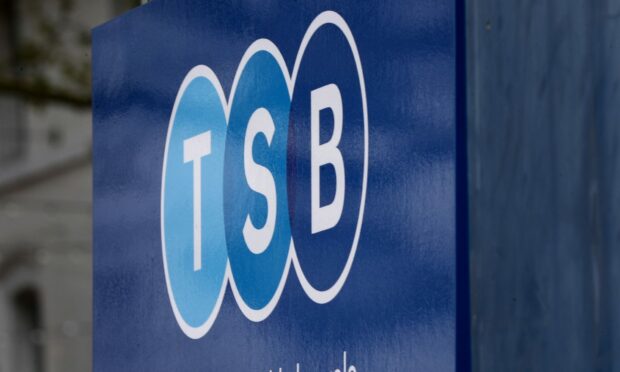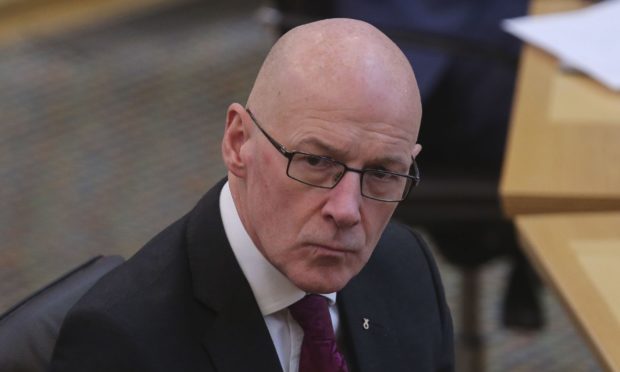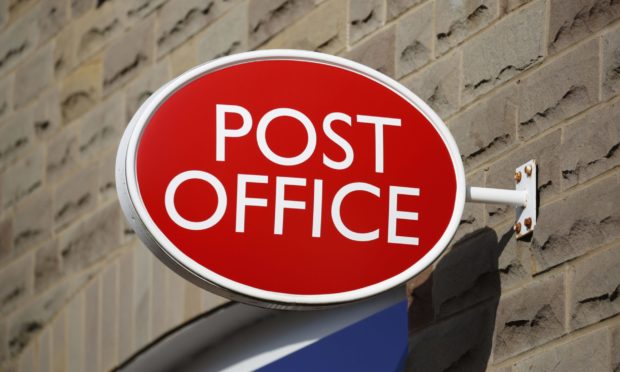A Crieff bank has closed its doors following a decline in customer usage.
The TSB branch in the town’s High Street shut on Wednesday as finance bosses move towards digital banking.
The closure was announced in September, along with other branches across Tayside and Fife, to much opposition.
John Swinney, who was Deputy First Minister at the time, called the move “concerning”.
Online banking
The bank justified the decision by saying the “vast majority” of transactions are done digitally.
“We’ve looked carefully at our Crieff branch at 22 High Street, Crieff, Perthshire, PH7 3BS and how it is used, and we’ve taken the decision to close it,” a statement said.
“The way customers bank with us is rapidly evolving with the vast majority of everyday
transactions now being done digitally.
“Over 2.1 million of our customers now choose to bank online, and over 1.3m
use our mobile banking app.
“Even prior to Covid-19 customers were choosing other ways to bank with us, with 50% using services at our cash machines, and 20% using a Post Office. Over 190,000 customers have been supported through our new online chat service, helping them with queries and other services.”
Banking services available at post office
Crieff residents have been reminded banking services are still available at their local post offices: King Street, Muthill and Comrie.
The National Federation of SubPostmasters said: “Each of these branches offers banking services – including deposits, free cash withdrawals and balance checks, as well as offering face-to-face access to government services, bill payment, foreign currency, travel insurance and, of course, postal services.
“There are currently 2,000 free-to-use ATMs installed across the UK post office network also.
“Post offices are proving vital to retaining people’s and business’s access to cash as the banks continue to desert the high street in order to cut costs and increase their profits.
“Every post office plays a vital role within the heart of the local community.
“Post offices provide a reliable and essential service which has continued at a high standard across the whole of the UK throughout the pandemic.”


